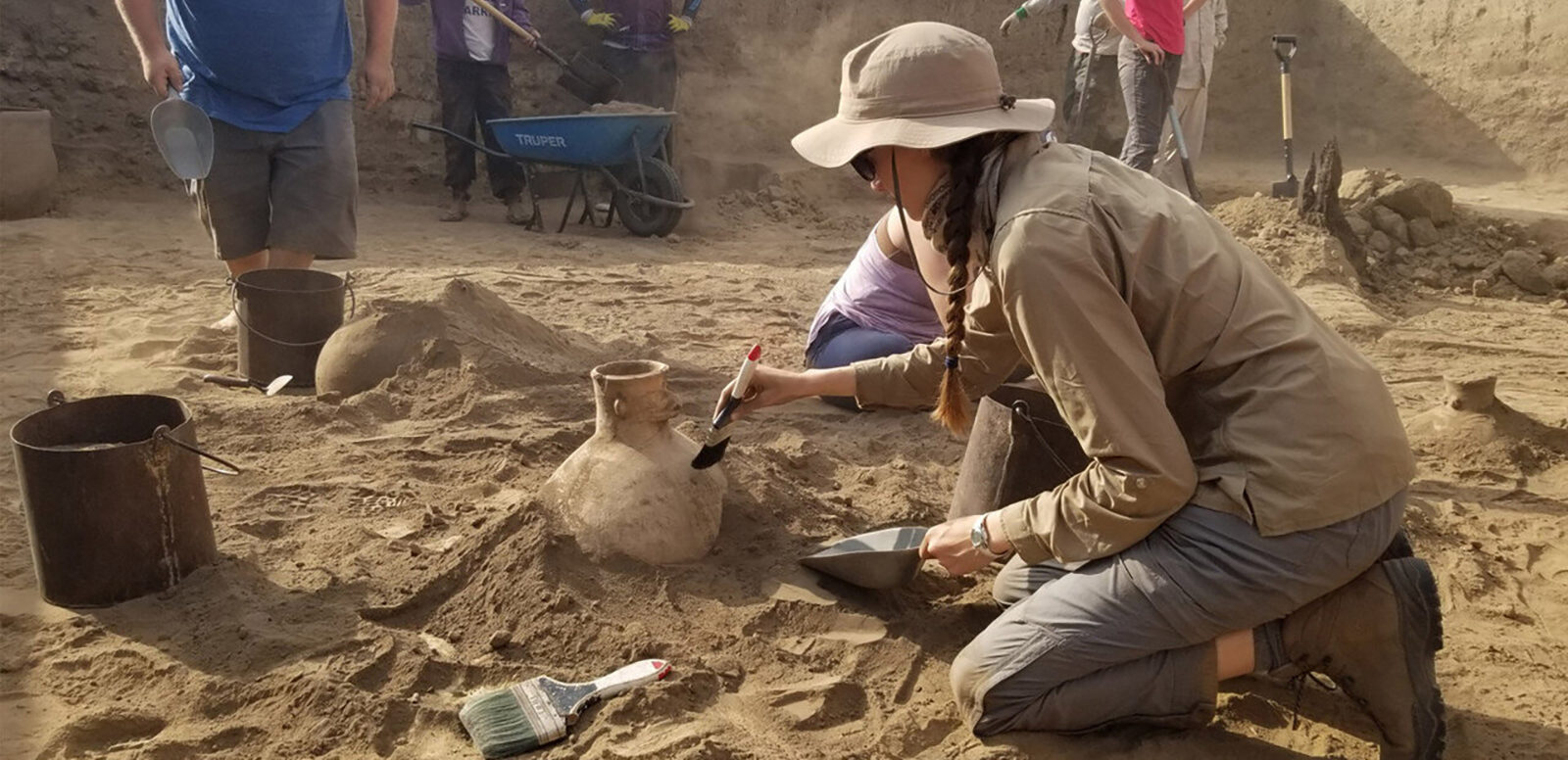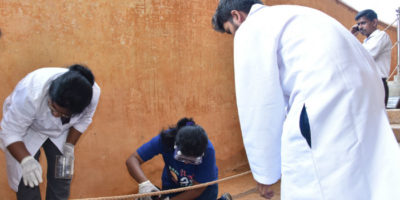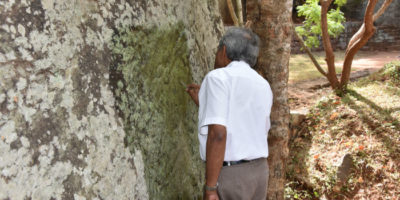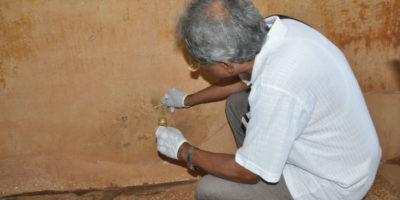Research Laboratory
Research Laboratory of the Central Cultural Fund is located at the Independence avenue, Colombo-07, and is responsible in carrying out scientific research and providing technical and scientific consultancy for the regional conservation laboratories. The Research Laboratory functions under 3 divisions, Microbiology, Geology, Chemistry units.
Mission
The Research works to advance conservation practice in the Paintings, objects, collections, architecture, and sites. It serves the conservation community through scientific research, education and training and the broad dissemination of the results of both its own work and the work of others in the field.
Preserving cultural material is of paramount importance, but it still presents complex challenges to our Country. Conservation professionals are those who embrace these challenges with passion, commitment and dedication. By melding art with science, conservation professionals protect our heritage, preserve our legacy, and ultimately, save our treasures for generations to come.
Research Laboratory is a system set up in order to achieve the effective protection of the heritage values of cultural properties for present and future generations.
There are three broad categories of Research Laboratory with respect to cultural heritage:
Microbiology unit
Microbiology unit focuses on identification of destructive micro-organisms (as well as insects) found on the surface of paintings and monuments. Further, the experiments of this unit extend towards controlling the growth of flora and fauna found within the materials such as surfaces of mural paintings and monuments including ancient stupa.
Microbiology unit carries out a lichen control programme in order to eliminate and prevent the regrowth of lichens on the cultural monuments.
There are many historical temples with archaeologically valued mural paintings on rock and brick surfaces on which we identified the growth of microorganisms mainly bacteria, actinomycetes and fungi. The Microbiology unit investigates such microbiological issues and provide necessary instructions for conservational work.
Consequently, this unit is planning to expand with the molecular biology applications towards the archaeogenetics, which will enable the unit to investigate the ancient human and animal DNA where it could provide evidence to make links with geo-archaeology and human establishment. Presently, the Microbiology unit collaborates with the Department of Microbiology at the University of Kelaniya for some projects.
Chemistry unit
Chemistry Research Laboratory at Central Cultural Fund is responsible for managing and conserving all heritage sites and archaeological monuments which have suffered many disfigurements due to variety of threats including chemical agents such as salts, rust, etc.
With respect to cultural heritage, Archaeological chemistry research lab at CCF deals with the interdisciplinary study of conservation of art, architecture, and other cultural works through the use of scientific inquiry. General areas of research include the technology and structure of artistic and historic works and the materials and media from which they are made.
Chemistry research lab work includes identifying the materials that make up a structure or piece of art including their chemical makeup, identifying and cataloging changes that cause deterioration and developing methods to mitigate deterioration of cultural heritage.
Geology unit
Geology unit mainly focuses on application of geo-scientific techniques in archaeological research (Geoarchaeology), investigative research on conservation of tangible cultural heritage (Case studies) and improving and introducing proper scientific conservation techniques and methods suitable to Sri Lankan environment.























